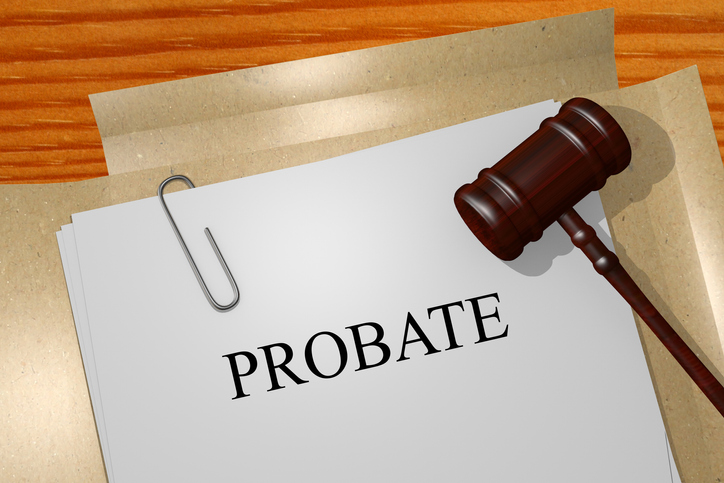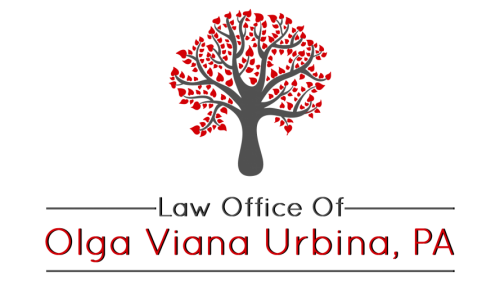
Probate and Estate Administration
What is Probate?
Probate is a court-supervised process for identifying and gathering the assets of a deceased person, paying the decedent’s debts, and distributing the assets to his or her beneficiaries. The Florida Probate Code is found in Chapters 731 through 735 of the Florida Statutes, and the rules governing Florida probate proceedings are found in the Florida Probate Rules, Part I and Part II (Rules 5.010-5.530).
What are the different types of Probate Administration?
What are Probate Assets?
Probate administration only applies to probate assets. Probate assets are those assets that the decedent owned in his or her sole name at death, or that were owned by the decedent and one or more co-owners and lacked a provision for automatic succession of ownership at death.Probate assets include, but are not limited to, the following:
- A bank account or investment account in the sole name of a decedent.
- A life insurance policy, annuity contract, or individual retirement account payable to the decedent’s estate.
- Real estate titled in the sole name of the decedent, or in the name of the decedent and another person as tenants in common, is a probate asset (unless it is homestead property).
Why is Probate Necessary?
Probate is necessary to pass ownership of the decedent’s probate assets to the decedent’s beneficiaries, if the decedent did not have a will. Probate is also necessary to complete the decedent’s financial affairs after his or her death. Administration of the decedent’s estate ensures that the decedent’s creditors are paid if certain procedures are correctly followe
Please schedule your 15 minute phone consultation by clicking here.

